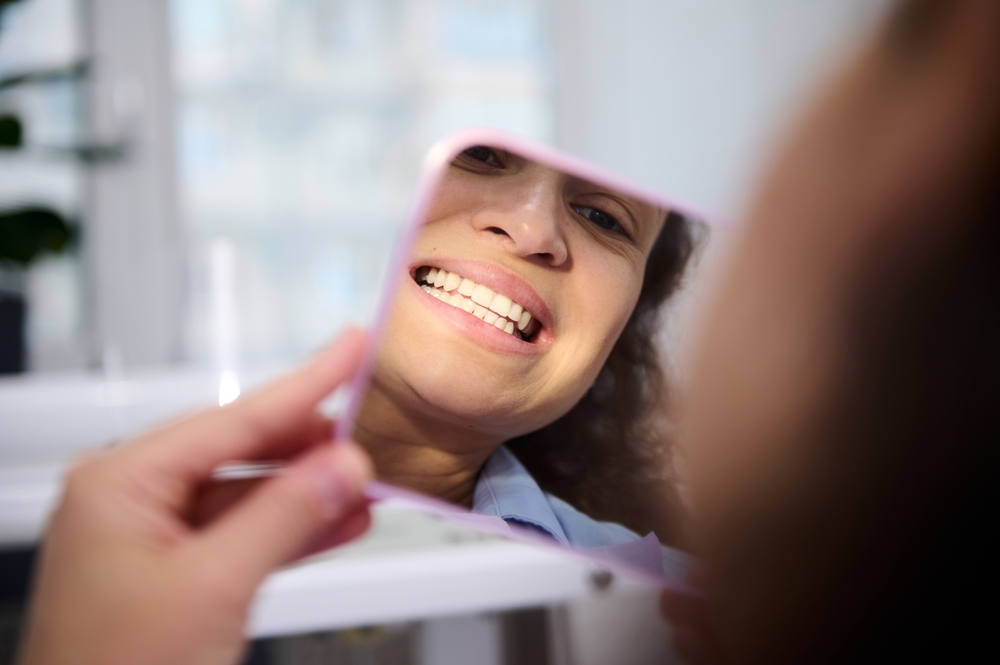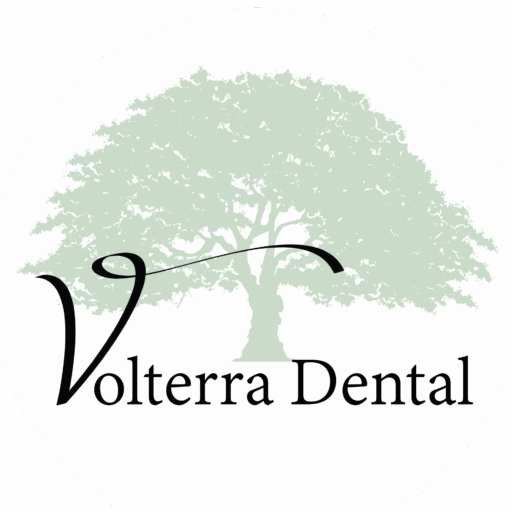
Professional cleanings are vital in maintaining your beautiful, healthy smile. But caring for your teeth between those cleanings is just as important. Here’s what you can do to keep your teeth and gums healthy.
Maintaining oral health offers many obvious benefits for your smile, but did you know the health of your teeth and gums can play a role in your overall health, too? In addition to preventing cavities, gum disease, and tooth loss, keeping your teeth and gums healthy may reduce your risks of other health problems, like respiratory infections, strokes, heart disease, and dangerous heart infections.
Twice-yearly professional dental cleanings are essential for reducing your risks of oral health problems and promoting overall wellness. But in between office visits, it’s just as important to do your part in keeping your teeth and gums healthy.
As a leading dentist in Los Alamitos, California, Richard Blackburn, DMD, MA, wants every patient to enjoy optimal oral health at every age. Here are some simple tips for keeping teeth and gums healthy between professional cleaning visits.
Brush Properly
Twice-daily brushing forms the cornerstone of at-home oral care, and knowing the right way to brush can help ensure you get the most benefits possible. Most people know to select a fluoride toothpaste to help strengthen enamel and prevent cavities. But that’s just the beginning. Brush selection is also important.
Choose a brush with soft bristles to help your brush “mold” to the tooth surfaces, removing plaque without irritating your gums or damaging the enamel. Manual brushes are fine, and so are battery-powered options.
Brush using the right technique: Hold the edge of your brush at a 45-degree angle to your gums and use gentle circular motions to clean every surface, including the backs of your teeth. The American Dental Association (ADA) website has helpful instructions.
Don’t Skip Flossing
Daily flossing is the second crucial cornerstone of at-home daily care. Flossing helps eliminate plaque and food particles trapped between teeth where brushing can’t reach.
Begin with a piece of floss about 18 inches long, winding the ends around your fingers to improve control. Gently slide the floss between each pair of teeth, creating a “C” shape that hugs the contours of the tooth surface. Then, move the floss gently up and down to break up the plaque film.
Are you having trouble using regular floss? Try a flosser or a water flosser. The ADA site offers tips on improving your flossing technique, too.
Rinse Between Meals
Even though brushing after meals might seem like a good idea, it’s typically better to rinse instead. When you eat, your tooth enamel softens temporarily, and brushing within a half hour of eating can scratch your enamel and increase your risk of cavities.
Instead, rinse well and carry a small bottle of mouthwash with you if you want instant freshening. Chewing sugarless gum can also help freshen your breath.
Choose Tooth-Healthy Foods
You might love sugary foods, but so do the bacteria that cause tooth decay and gum disease. One of the smartest diet-related ways to care for your teeth and gums is to limit or entirely avoid foods containing excess sugars, including sugary snacks and drinks.
Instead, opt for naturally sweet snacks like fresh fruits and vegetables like carrots. Calcium-rich foods, like cheese and yogurt, strengthen enamel and jaw bone tissue. Nuts are another great snack, rich in phosphorus that helps build strong teeth, too.
Drink Plenty of Water
Your saliva helps neutralize bacteria that can cause gum disease, cavities, and infections. Saliva also helps wash away food particles and sugars that feed harmful bacteria.
Drinking plenty of water throughout the day helps your body produce ample saliva while moistening your teeth and gums for better health. If you have chronic dry mouth, our team can prescribe a mouth rinse to help your mouth stay moist.
Quit Smoking
Smoking isn’t just bad for your lungs and your heart — it’s terrible for your gums and teeth, too. Nicotine and other substances released during smoking (and sometimes aping, too) can interfere with circulation in your gum tissue, making both your teeth and gums more prone to damage.
Smoking also increases your risk of gum disease and eventual tooth loss. Quitting isn’t easy, but you can do it — and you can find help with online resources like the tools at SmokeFree.gov.
Dental cleanings remove hard tartar deposits and enable our team to provide crucial preventive care to keep you healthy. If you’re due for a professional cleaning and checkup, request an appointment online or over the phone with Dr. Blackburn and the team at Volterra Dental in Los Alamitos, California, today.

